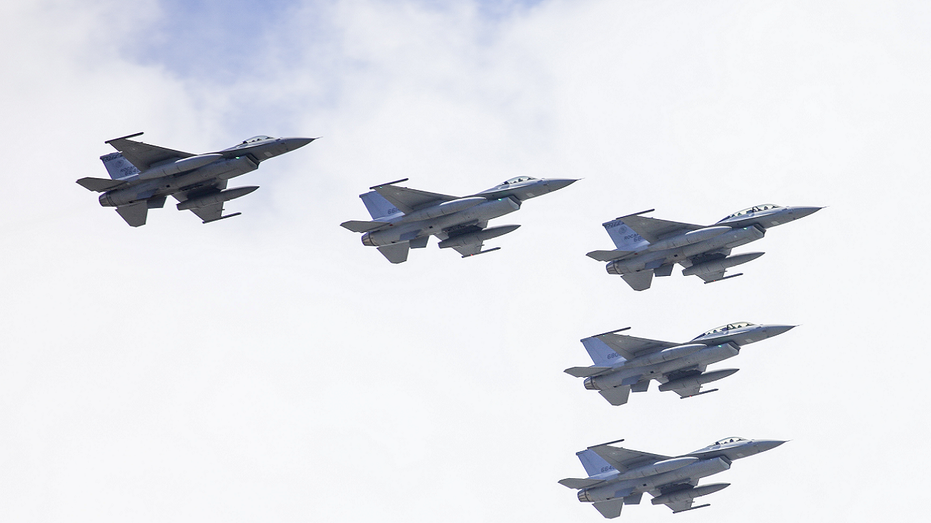Republican Senator Marco Rubio, who was a finalist to be Donald Trump’s running mate in the U.S. presidential campaign, said on Thursday he expected the U.S. would continue to support Taiwan under a Trump presidency.
Trump raised questions about his commitment to the democratically governed island claimed by China with his remarks in a June 25 interview published this week in which he said Taiwan should pay the U.S. for its defense.
When asked about Trump’s Taiwan comments, Rubio told a group of reporters on the sidelines of the Republican National Convention in Milwaukee that the “existential threat” Taiwan faced meant it should boost defense expenditures.
The Florida senator, an important voice on U.S. foreign policy as the second most senior Republican on the Senate Foreign Relations Committee and a possible candidate for cabinet posts in any second Trump administration, said he expected Trump to continue to back Taiwan should he win the White House.
NEW TOP US ENVOY TO TAIWAN PLEDGES TO HELP ISLAND DEFEND ITSELF, CHINA RESPONDS WITH SHOW OF FORCE
“He’ll do what he did in his first term and that is … continue to support Taiwan,” Rubio said of Trump.
“I can’t speak for the Trump presidency, but I don’t have any worries about the U.S. being supportive of Taiwan and doing everything we can to discourage the Chinese from invading,” Rubio said.
Robert O’Brien, one of Trump’s former national security advisers, has also defended the former president’s remarks, saying on Wednesday he believed Trump meant to indicate that there should be more burden sharing for Taiwan’s security.
US APPROVES $360M SALE OF DRONES, MISSILES TO TAIWAN

Despite only having unofficial relations with Taiwan, the U.S. is its biggest backer and weapons supplier in the face of years of increased military pressure by China, which has never renounced the use of force to bring the island under its control.
Under the Taiwan Relations Act, Washington has committed to provide Taiwan with means to defend itself, but U.S. law does not mandate that Washington come to Taiwan’s aid if attacked.
While the U.S. has long followed a policy of “strategic ambiguity” on whether it would intervene militarily to protect Taiwan in the event of a Chinese attack, the island’s status is a constant source of friction between Beijing and Washington.
Democratic U.S. President Joe Biden has said he would be willing to use force to defend Taiwan.
Read the full article here











